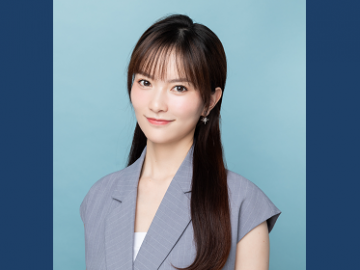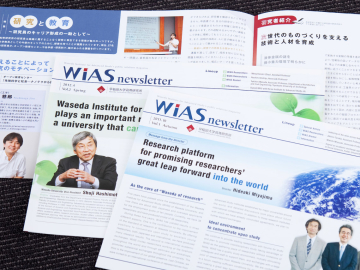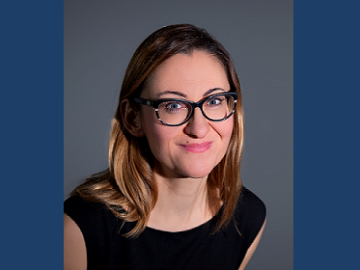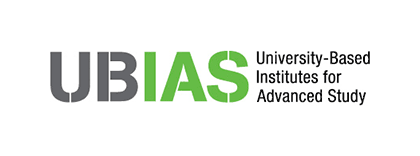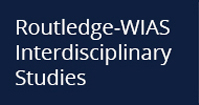WIAS Seminar Series “Humanities in the Anthropocene” Vol. 4
Open Lecture – Interaction of Individual and Environment: Scope of cognitive neuroscience in “Humanities in the Anthropocene” (May 28)
Overview
This seminar series is part of the Humanities in the Anthropocene project begun by the Waseda Institute for Advanced Study (WIAS) in October 2021. This project aims to be a place for cross-disciplinary dialogue based on the shared Anthropocene concept, an experiment in exploring new potential in the humanities by linking previously siloed specialized knowledge.
Cognitive neuroscience is a field that aims to understand individual cognition and behavior from the brain. Functional resonance imaging (fMRI), in particular, is one of the approaches used in the laboratory that does not easily incorporate the elements of society, i.e., nature and the activities of people. However, there are attempts to elucidate the interaction between the individual and society through the brain despite the limitations, such as cultural neuroscience, which deals with the influence of culture on individual differences, and developmental neuroscience, which deals with development that occurs in the context of interaction with society. In the fourth session, we will explain the society as seen from the individual’s brain and discuss the scope of cognitive neuroscience in considering the Anthropocene.
Speaker
HARADA, Tokiko
Lecturer, Graduate School of Informatics, Nagoya University
OKAMOTO, Yuko
Associate Professor, Waseda institute for advanced studies, Waseda University
About Speakers:
Tokiko Harada received her Ph.D. in neuroscience from the Graduate University for Advanced Studies. She has been a researcher at the National Institute for Physiological Sciences, Northwestern University, Nagoya University, an assistant professor at the National Institute for Physiological Sciences, Hiroshima University, and a lecturer at Hiroshima University. She specializes in cognitive neuroscience, and has been conducting research on the neural mechanisms of various higher brain functions in humans using functional magnetic resonance imaging.
Yuko Okamoto received her Ph.D. in neuroscience from the Graduate University for Advanced Studies. After working as a researcher at Tottori University, an assistant professor at University of Fukui, and a research advisor at ATR-Promotions, she has been in her current institute since 2020 as a lecturer. She specializes in autism spectrum disorder, cognitive neuroscience, and developmental psychology. She conducts cognitive neuroscience research on individual differences from developmental perspective.
Date/Time
May 28, 2022 (Sat.), starts at 10:00 (JST)
Location
Online meeting via Zoom (prior registration required)
Program
10:00-10:05 Opening Remark
10:05-10:45 Lecture from Tokiko Harada
A Cultural Neuroscience Approach: Value Diversity in the people from Brain’s Perspective
10:50-11:20 Lecturer from Yuko Okamoto
Individual Differences in Brain Function Development Based on Autism Spectrum Disorders
11:20-12:00 Q&A and discussion
Moderator: YAMAMOTO, Satomi (Waseda University)
Prospected Audience
Faculty members, Researchers, Graduate students
Organized by
Waseda Institute for Advanced Study (WIAS)
Co-Organizers
Waseda Global Japanese Studies
Ryusaku Tsunoda Center of Japanese Culture
Waseda Society of Art History
Supported by
The Mitsubishi Foundation, Research Grants in the Humanities
KAKENHI 21K02390
Registration
Prior registration is required. Please register at the link below.
https://zoom.us/meeting/register/tJAuf-2pqjouGdbwMM2HPH63DpzpMJ9lRkAx
Poster
Poster can be downloaded by clicking the link below.

